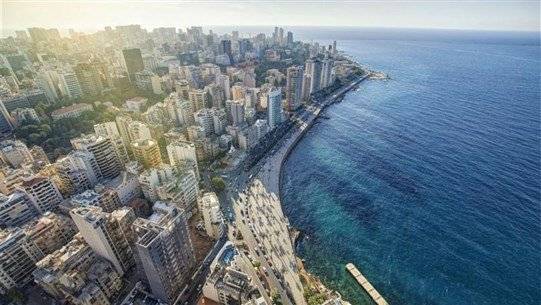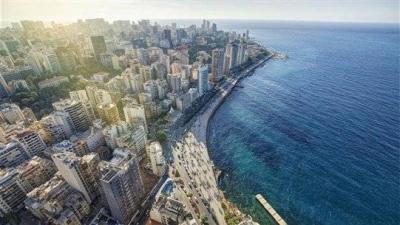European Union diplomats, along with U.S. Ambassador Dorothy Shea, are refraining from expressing opinions on most presidential candidates. Instead, they focus on exploring the positions of the main parliamentary blocs regarding the qualities that these candidates should possess, based on their assessment that it is necessary to complete the presidential election on its constitutional schedule.
Leaders and personalities communicating with these diplomats report that they believe delaying the election of a new president is not in the country's interest, as it would extend the ongoing crisis and risk bringing the country to a point that is difficult to control, given the deterioration of state institutions except for the military and security agencies. The leadership states that they have received warnings from the diplomats about the negative repercussions that could arise from deferring the presidential elections, and they relay that their countries will not tolerate anyone found responsible for postponing this electoral process.
In this context, "Asharq Al-Awsat" learned from sources close to the leaders who met with the diplomats that their countries are currently focused on gathering positions and restricting their questions to information about the candidates, without the diplomats expressing their opinions on them.
The same sources confirm that the diplomats are still in the information-gathering phase regarding several presidential candidates. It is revealed that most of them avoid asking about the head of the Free Patriotic Movement, MP Jibran Bassil, as if they are treating him as if he is no longer in the presidential race. This perception also extends to the difficulty in forming a new government, as they believe the limited time remaining does not allow for it to be created before the constitutional deadline for electing the president.
Diplomats from countries directly concerned with the presidential election indicate that although Bassil acts as a prospective candidate without officially declaring his candidacy, he primarily aims to solicit offers for a settlement with the upcoming president that would allow him significant control over state institutions, beginning with the military leadership and the governorship of the Central Bank.
The sources also note that the diplomats submit nearly daily reports to their respective authorities responsible for the Lebanese file. Ambassador Shea has actively engaged with most leaders, including a recent meeting with the leaders of the Lebanese Forces, Samir Geagea, and the Progressive Socialist Party, Walid Jumblatt, who confirmed to her that he would meet with officials from Hezbollah to discuss matters unrelated to contentious issues.
Shea reportedly sought to understand the reasons behind Geagea's announcement of support for Army Commander General Joseph Aoun's candidacy for the presidency if it turns out that his prospects are strong. It is noted that his position, as conveyed to Shea, came in response to a question directed at him, despite some political leaders believing he did not need to highlight the Army Commander.
Moreover, Shea posed several questions during her meetings with those she met to gauge their opinions on various candidates that are currently being discussed in the media and on social media, including Sleiman Franjieh, the leader of the Marada Movement, and former ministers Jihad Azour, Shakib Qartabawi, Ziad Baroud, Najib Bustani, and MP Michel Moawad, without including the Army Commander among them.
With the return of French Ambassador Anne Grillo from Paris, it is not ruled out that she and Ambassador Shea might intensify their efforts to include a new range of communications, though Grillo has remained in contact with leaders from Hezbollah.
However, the actions of the diplomats, for the time being, come as part of monitoring the presidential election process without intervening to favor one candidate over another, especially since none of the candidates has announced their candidacy and many prefer to remain in a state of hesitation like their competitors.
Most diplomats, however, have noted the confusion within the Sunni component due to the absence of Sunni leadership in Parliament because they have chosen not to participate in the elections. They inquire about who could fill the void left by the withdrawal of Sunni leaders, which has resulted in the scattering and fragmentation of Sunni MPs, diminishing their influential role in the presidential elections. They pay attention to the role of Grand Mufti Sheikh Abdul-Latif Derian, asking about his willingness to play a role that would gather the largest number of Sunni MPs into a parliamentary bloc that participates in electing the next president.




